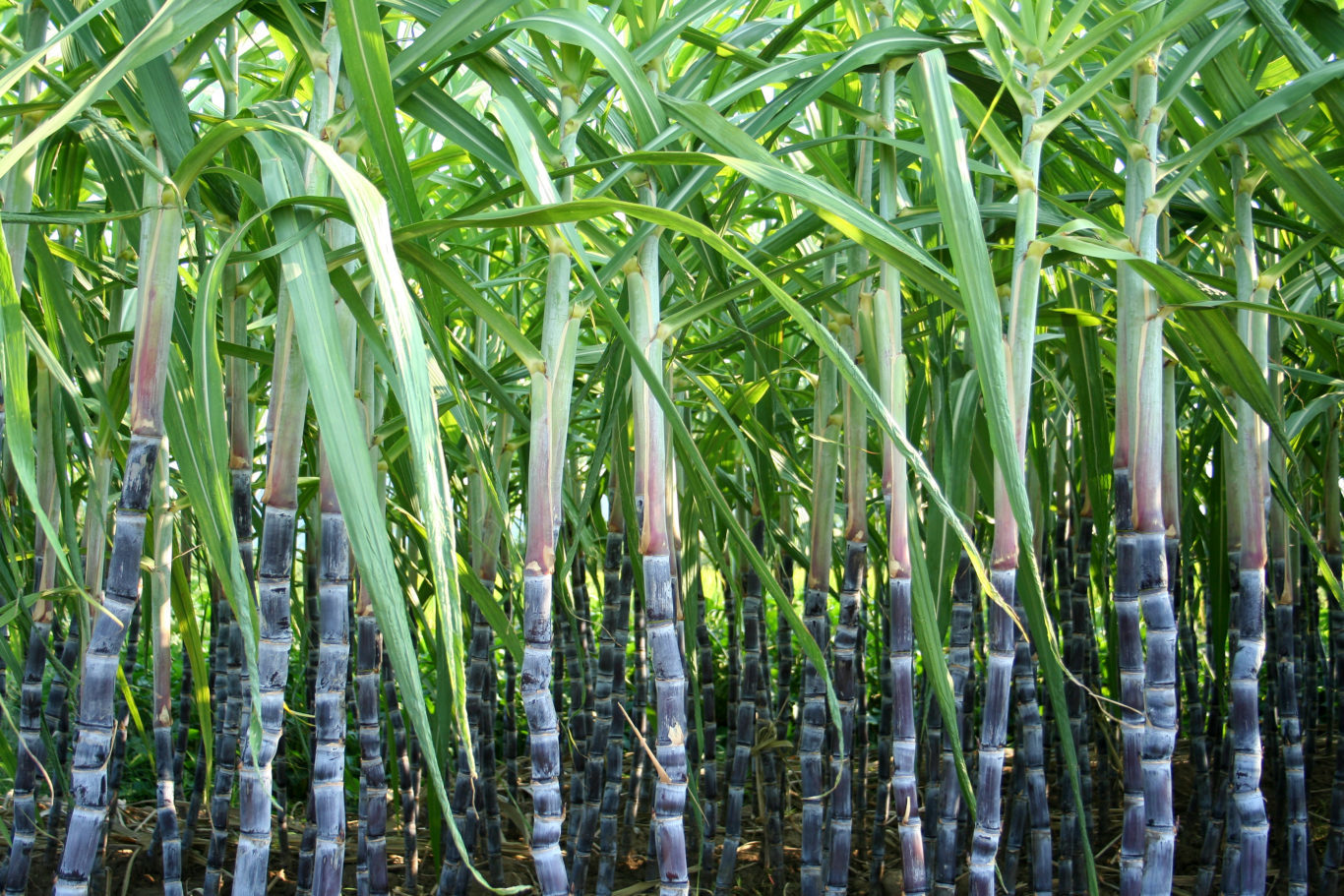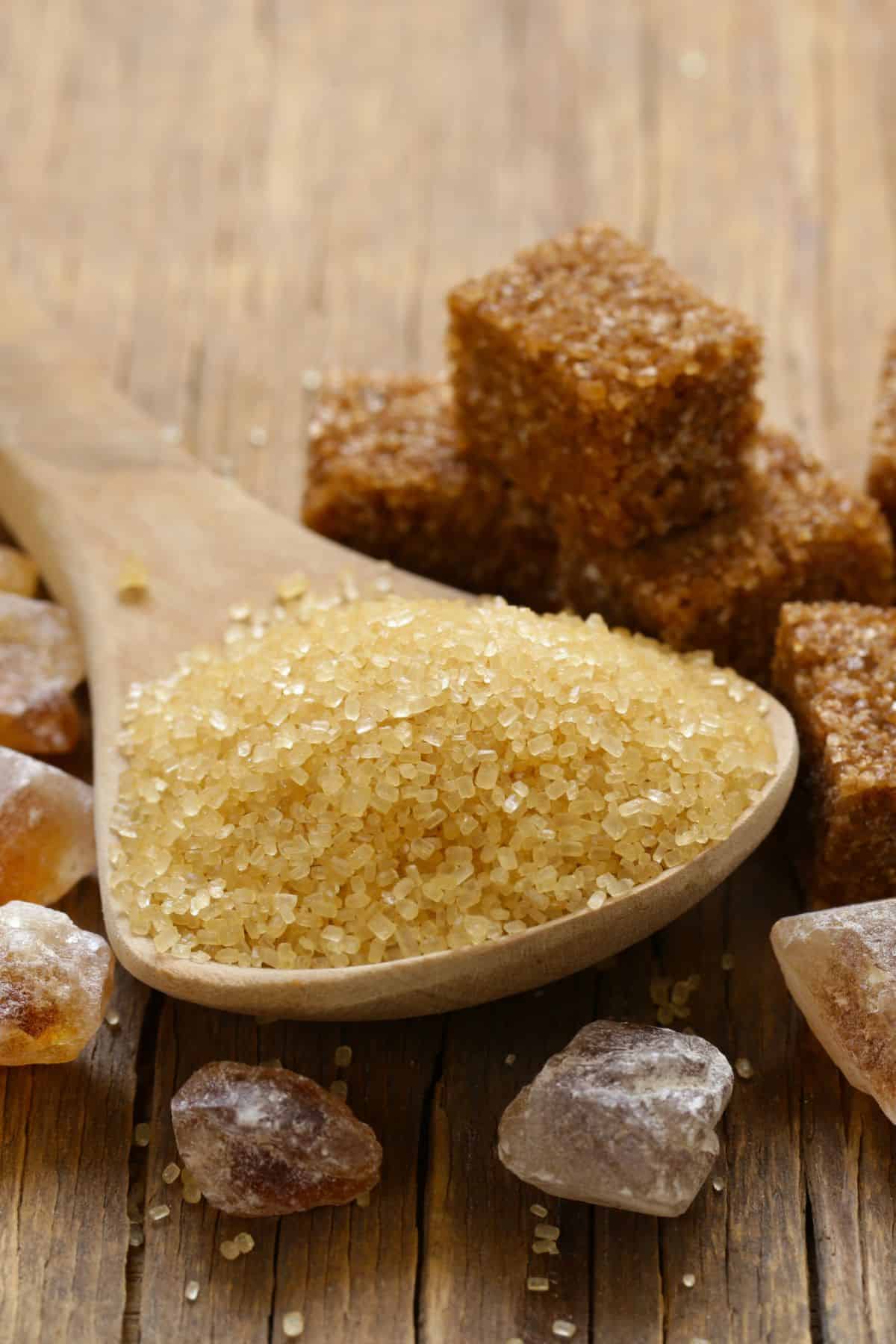Why Cane Sugar Handling Chemicals Are Critical for Modern Sugar Refining
The role of walking cane sugar processing chemicals in modern sugar refining can not be overstated, as they are indispensable to improving both the efficiency of extraction and the overall quality of the final item. Agents such as phosphoric acid and certain flocculants are utilized to remove contaminations, resulting in sugar that not only meets consumer expectations yet additionally adheres to industry standards.
Duty of Processing Chemicals
The efficiency of walking cane sugar handling pivots substantially on the strategic application of handling chemicals. These chemicals play an essential function in boosting the effectiveness and quality of sugar removal and refining. From the first stages of juice extraction to the last filtration steps, processing chemicals help with numerous important operations.
In the removal phase, chemicals such as phosphoric acid and calcium hydroxide are employed to enhance the clarification procedure, assisting to get rid of impurities and suspended solids from the cane juice. This not just boosts the yield however additionally makes sure the clearness of the end product. Furthermore, agents like flocculants aid in the rapid settling of pollutants, consequently streamlining the general procedure.
As the handling advancements, chemicals are utilized in decolorization and formation phases. Activated carbon and ion exchange resins serve to eliminate color and odor, making sure that the polished sugar fulfills consumer quality standards. Eventually, the function of processing chemicals prolongs past functional performance; they dramatically affect the sensory characteristics of the last product, contributing to market competitiveness. Thus, the meticulous choice and application of these chemicals are crucial for attaining optimal results in walking stick sugar processing.
Trick Kinds Of Chemicals
Cane sugar handling relies upon a selection of crucial chemicals that assist in each stage of manufacturing. These chemicals play crucial duties in making clear, bleaching, and cleansing the sugar removed from walking stick.
One key classification of chemicals consists of flocculants, such as polyacrylamide, which help in the explanation procedure by promoting the gathering and settling of pollutants. Furthermore, calcium hydroxide is frequently used to neutralize acidity and assist in the removal of non-sugar components.
Whitening representatives, such as triggered carbon and sulfur dioxide, are utilized to decolorize the syrup, leading to a clearer end product. These chemicals aid get rid of color compounds that may impact the sugar's look and bankability.
Furthermore, phosphoric acid works as a pH regulatory authority during the processing stages, ensuring ideal conditions for the chemical tasks associated with sugar extraction and filtration.
Various other crucial agents consist of edta (ethylenediaminetetraacetic acid), which chelates metal ions that might catalyze unfavorable responses, and salt hydroxide, which assists in pH control throughout the refining procedure. Collectively, these chemicals improve effectiveness and guarantee a top quality cane sugar product.
Advantages for Sugar High Quality
Usually neglected, making use of particular handling chemicals significantly enhances the general quality of walking cane sugar. These chemicals play a pivotal duty in refining processes, making sure that the final product satisfies strict market standards for purity and taste.

In addition, processing chemicals aid in accomplishing a regular granulation and structure, which are important for consumer acceptance. By managing the crystallization process, these chemicals ensure that the sugar crystals create evenly, bring about an extra attractive product that dissolves well in different applications.
Furthermore, using these chemicals can enhance the service life of walking stick sugar by reducing dampness absorption and microbial development. Generally, the calculated application of handling chemicals is vital for delivering high-grade walking stick sugar that meets customer assumptions and sector needs.
Environmental Impact Considerations
Furthermore, the energy-intensive nature of sugar refining, intensified by chemical usage, commonly leads to boosted carbon discharges. This adds to climate change and increases concerns pertaining to the sustainability of present refining practices. Additionally, the sourcing of these chemicals might involve techniques that threaten biodiversity, such as monoculture farming, which reduces the resilience of farming communities.

To alleviate these impacts, sugar refiners are significantly exploring lasting alternatives and taking on best techniques that lessen chemical use. Applying extensive environmental monitoring systems can help make sure that the refining process lines up with environmental requirements and advertises biodiversity. Inevitably, a well balanced approach that focuses on both sugar top quality and ecological stewardship is crucial for the long-term feasibility of the sugar sector.
Future Fads in Refining
As the sugar market grapples with the environmental challenges linked with traditional refining techniques, ingenious techniques are arising to improve both performance and sustainability. One considerable trend is the fostering of green chemistry principles, which focus on using non-toxic, eco-friendly processing chemicals. This change not only reduces environmental influence but likewise addresses customer demand for cleaner manufacturing techniques.
An additional promising advancement is the execution of advanced filtration innovations, such as membrane layer separation and adsorption procedures. These techniques enhance the clarity and high quality of the sugar while lowering the volume of wastewater created during refining. Additionally, the integration of electronic technologies, consisting of IoT and AI, is changing operational performance by enabling real-time tracking and predictive upkeep, hence decreasing source waste.
In addition, the use of by-products from sugar refining, such as bagasse and molasses, is obtaining grip. These materials can be converted into biofuels or value-added items, adding to a round economic climate within the sector. Jointly, these fads signify a change in the direction of more lasting methods that not just improve operational performance however additionally straighten with worldwide sustainability objectives, making certain the future stability of sugar refining.
Final Thought
Walking cane sugar processing chemicals are important in modern-day sugar refining, dramatically boosting the efficiency and top quality of sugar removal. The critical use these chemicals not just pop over to these guys improves the pureness and flavor of the end product yet likewise guarantees constant crystallization and texture. As the market increasingly prioritizes sustainability, the fostering of environmentally-friendly processing agents is likely to form future patterns in refining, ultimately leading to greater top quality items and prolonged life span for consumers.

Inevitably, a balanced method that focuses on both sugar top quality and environmental stewardship is important for the long-term feasibility of the sugar sector.
Cane sugar processing chemicals are important in modern sugar refining, considerably enhancing the efficiency and top quality of sugar extraction.